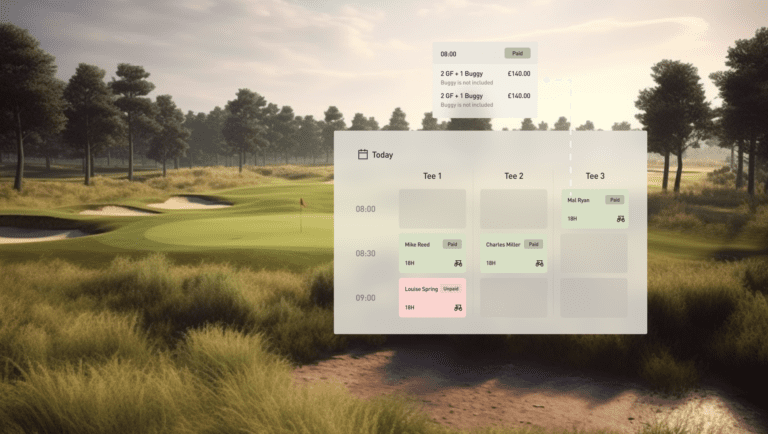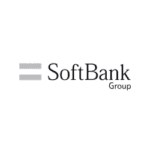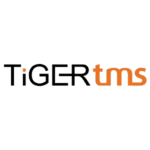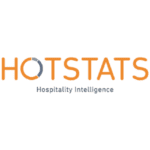Demand for travel is beginning to return as COVID-19 restrictions gradually ease. Many of those who have endured lockdowns all over the world are eager to make travel reservations and experience a slice of normality. This should be good news for hoteliers, but it does not signal the end of the challenge.
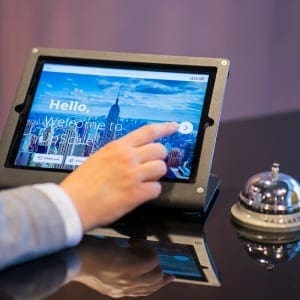
Post-COVID recovery will be marked by structural shifts for which hoteliers will have to find a solution. These shifts will be driven not only by the way travel demand evolves – for example business and leisure travel, and domestic and international travel, are expected to return at different speeds – but also by changing customer expectations.
Hotels will be held to a higher standard than ever before. Customers will want absolute assurance of their safety, and it is incumbent on hoteliers to address the situation sufficiently to be able to make those assurances to inspire confidence and see guests come flooding back.
To complicate matters, hoteliers need to balance their response with the challenges posed by potential new government requirements, which will be different all over the world and everchanging as the pandemic progresses. Take the UK, for example, which overnight reintroduced a two-week quarantine period for travellers returning from Spain that has understandably led to widespread travel cancellations.
COVID-19 will continue to throw complex challenges at hoteliers. But understanding these new challenges does not help hoteliers much if they do not have the tools to react accordingly.
Technology is a hotelier’s closest ally in coping with new and varying demand. Not only can it help hoteliers optimize efficiency and reduce costs, but it can make them much more agile and deliver business continuity.
Here are five ways technology and automation can help hoteliers get on the front foot in testing times:
Manage guest health requirements
Different states, regions and countries will have different policies on processing guest health information and protocol due to evolving stages of recovery. Advances in booking automation may be the only way to keep up with these everchanging scenarios. These could include the integration of contract tracing, staggered arrival and departure times, hygiene certification and social distancing.
Reduce costs without compromising service
Finding the sweet spot between the two is one of hospitality’s greatest conundrums. Digital transformation can help handle this delicate balance. Technology can help hoteliers calculate the total cost of distribution by segment and partner, helping them make informed decisions about the most profitable services and sources of guest reservations – and create a more sustainable business model in the process.
Create additional revenue sources
New digital tools in distribution partnering and increasing retailing opportunities can help hotels quickly ramp up additional revenue sources. For example, hoteliers might leverage dynamic cost optimization packages to offer early check-in and late check-out options, flexible guarantee and cancellation policies, and enhanced loyalty offers.
Increase revenue with personalization and dynamic pricing
Putting guests in control and creating relevant digital conversations with them will not only build additional trust but will also increase the speed of the recovery and help boost market share for the hotels.
Manage risk during recovery
Even as air travel slowly resumes, managing the risk of another COVID-19 outbreak remains ever-present to hoteliers. Technology that supports expanding and digitizing distribution across all key segments and points of sale can help ramp up operations quickly when markets and demand pick up and remain competitive even if they slow down again.
Hoteliers who recognize the challenges and embrace innovation in these areas will not only be primed for the weeks and months ahead, but also for long-term success. By adapting now, they will streamline their service, build their credibility, and ultimately build a loyal customer base that will serve them long after the days of the pandemic.
The hotel experience will be undeniably changed as a result of COVID-19, but investment in digital transformation is a positive step for the industry that will see it into a new era of gold-standard service.
About Lisa Barker

Lisa is the VP, Global Sales for Hospitality Solutions at IBS Software. She is an accomplished results driven professional with more than 26 years experience in the Hospitality Industry. Lisa has collaborated with some of the world’s largest Hotel chains such as Starwood and Best Western and leading distribution channels such as Expedia and Orbitz as they developed their first integrations to real time Hotel inventory. Lisa has established a solid track record of establishing a global footprint for emerging distribution technologies by leveraging her ability to balance innovation with operational efficiencies and business growth resulting in “win-win” partnerships and business transformation.



